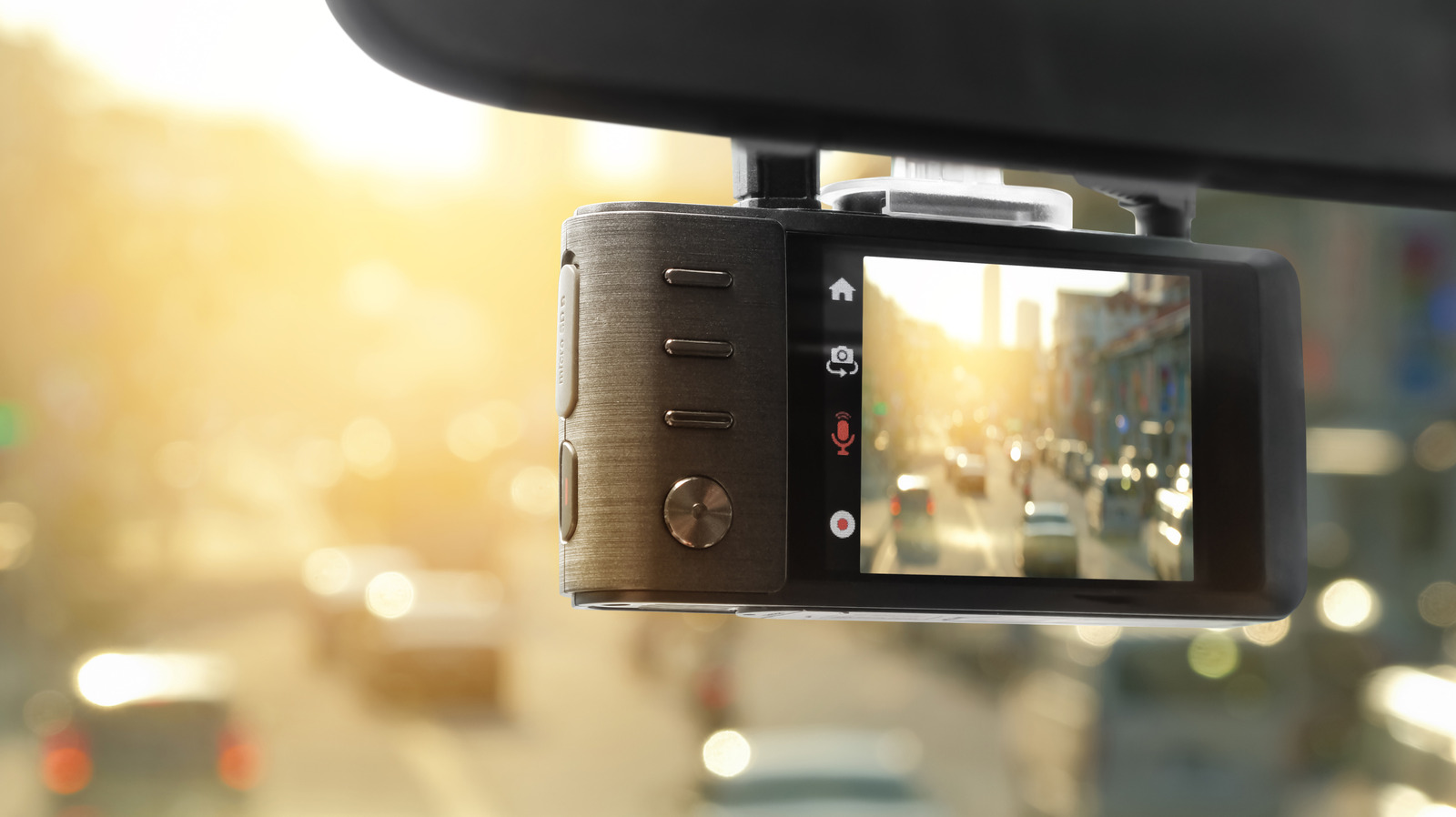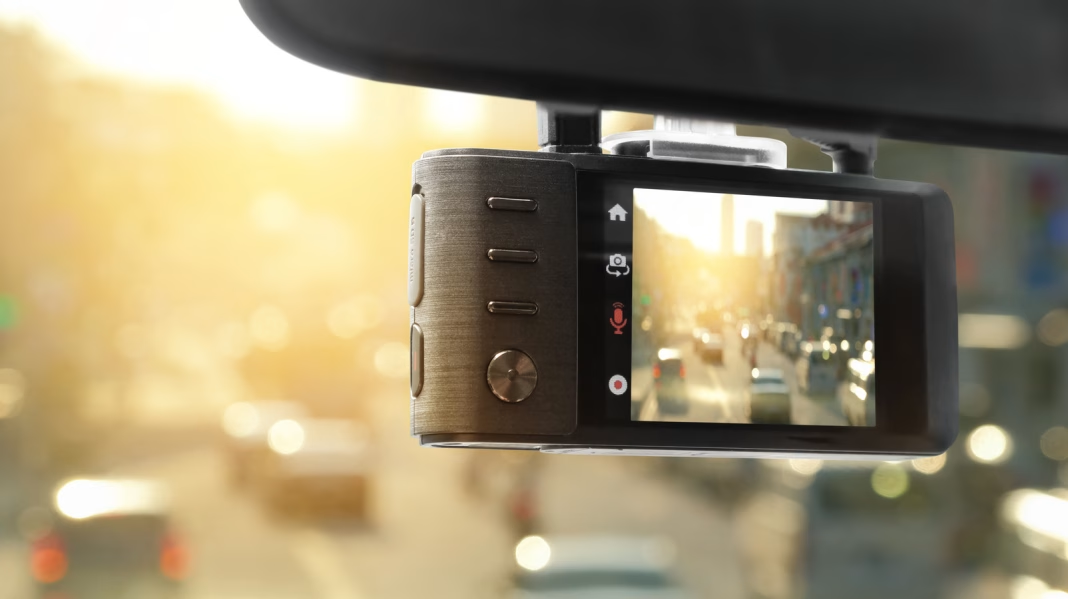How Do License Plate Readers Actually Work and Why Should You Care?
License plate readers (LPRs) have quietly become a fixture on city streets, highways, and even in neighborhood patrol cars. If you’ve ever noticed a small camera mounted on a police cruiser or a traffic light, chances are you’ve seen one in action. But what’s really happening behind the lens, and why does it matter for everyday folks who aren’t breaking any laws?
What Information Do License Plate Readers Collect?
LPRs snap high-speed photos of passing vehicles, capturing the license plate, time, date, and GPS location. This isn’t just a one-off snapshot, either. These cameras can scan thousands of plates per hour, day and night, rain or shine. The data gets uploaded to centralized databases, where it’s stored—sometimes for years—regardless of whether the car’s owner is under investigation.
That means your daily commute, grocery runs, and weekend getaways could all be quietly logged. According to a 2023 report from the Electronic Frontier Foundation, some cities retain this information for up to five years, creating a detailed map of drivers’ routines and habits.
Who Has Access to This Data, and How Is It Used?
Law enforcement agencies are the primary users, but the web is wider than you might think. Private companies, parking lot operators, and even some homeowner associations have adopted LPR technology. The data is often shared across jurisdictions, and in some cases, with federal agencies.
While LPRs have helped solve crimes—think stolen vehicles or Amber Alerts—they’re also used for more mundane tasks like collecting tolls or enforcing parking rules. The concern? There’s little oversight in many regions about who can access the data and for what purposes. In 2022, a study by the Brennan Center for Justice found that only a handful of states have clear regulations on LPR data retention and sharing.
Should You Be Worried If You’re Not Doing Anything Wrong?
It’s tempting to shrug off surveillance if you’re not breaking the law. But privacy advocates argue that mass data collection can have unintended consequences. For instance, a misread plate could mistakenly flag an innocent driver, leading to unnecessary stops or even wrongful arrests. There’s also the risk of data breaches—hackers have targeted LPR databases in the past, exposing sensitive location histories.
Beyond technical glitches, there’s a bigger question: Should the government or private companies be able to track your movements just because the technology exists? The American Civil Liberties Union warns that unchecked surveillance can chill free speech and assembly, especially if people worry their whereabouts are being monitored.
What Are the Benefits and Drawbacks of Expanding LPR Networks?
Supporters point to real-world wins. In one California city, police used LPR data to recover over 500 stolen vehicles in a single year. Insurance fraud and hit-and-run cases have also been cracked thanks to these databases.
But the drawbacks aren’t just theoretical. In 2021, a city in Georgia faced backlash when residents learned their local police were sharing LPR data with out-of-state agencies, including immigration authorities. The lack of transparency fueled distrust and sparked calls for reform.
How Can Communities Balance Safety and Privacy?
Some cities are experimenting with solutions. Shorter data retention periods—say, 30 days instead of years—can reduce risks while still allowing police to investigate crimes. Clear audit trails and public reporting on LPR use help build trust. And a few states now require warrants before accessing historical LPR data, treating it more like cellphone records than public information.
If you’re concerned, ask your local representatives about their policies. Transparency reports, community oversight boards, and opt-out mechanisms (where feasible) are all on the table in some regions.
What’s the Future of License Plate Tracking?
As LPRs become cheaper and more widespread, partnerships between dashcam companies and LPR providers are emerging. This could mean even more granular data—potentially tracking not just where you drive, but how you drive. The technology is evolving faster than the laws that govern it, so expect ongoing debates about where to draw the line.
The big takeaway? License plate tracking isn’t about perfection—it’s about smarter adjustments. Start with one change this week, and you’ll likely spot the difference by month’s end. Whether that’s asking questions at a city council meeting or simply staying informed, small steps can help shape how this powerful technology impacts your daily life.


